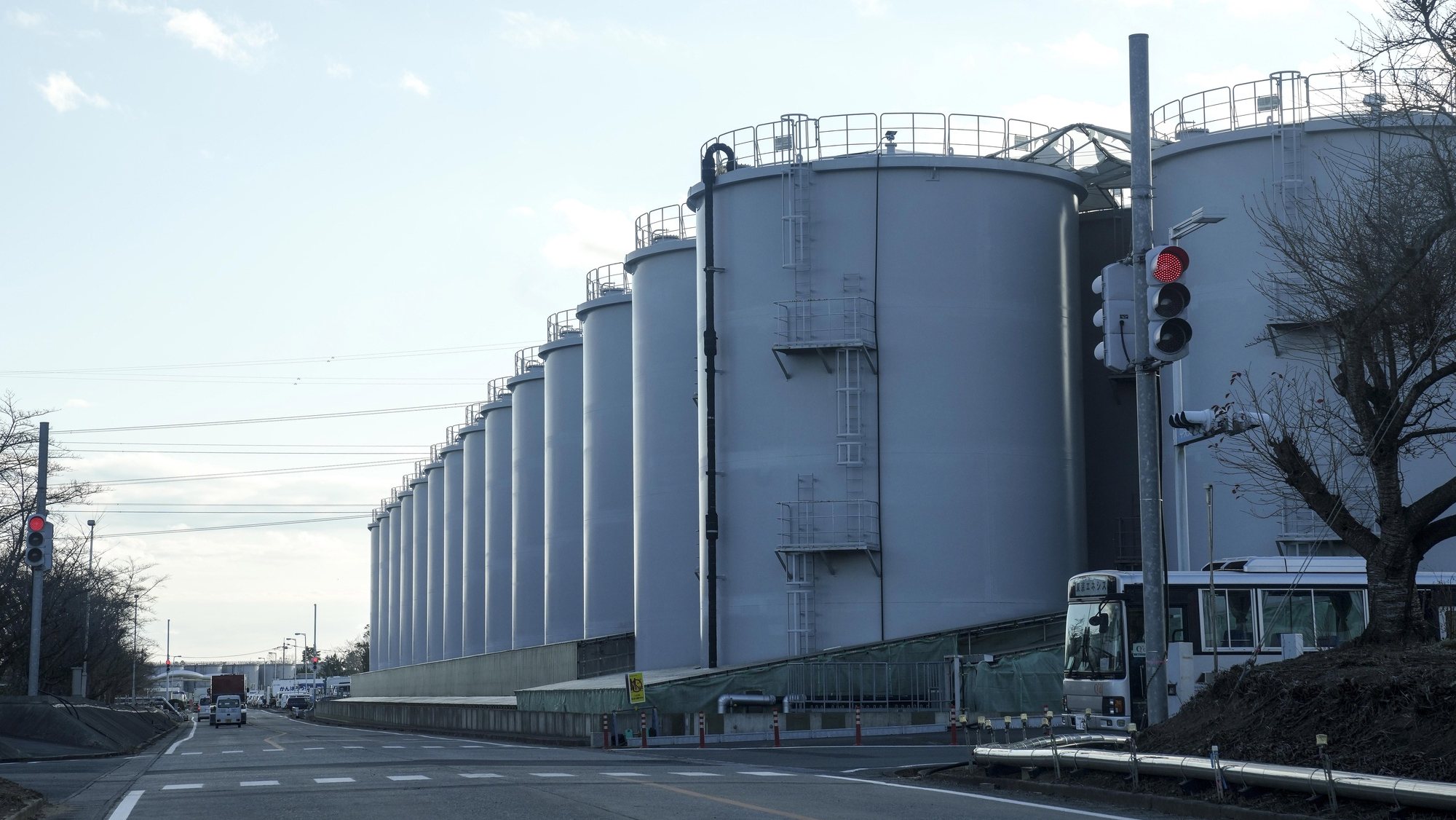
At the beginning of the month, the discharge into the Pacific Ocean of contaminated and treated water, accumulated in the old Fukushima plant, was recorded. The Japanese government claims the waters “are safe.”
The discharges of treated water from the Fukushima nuclear power plant, destroyed in the 2011 tsunami, are safe, in a process carried out with the utmost transparency, the Japanese government said on Monday.
“The government has shared information transparently and has no intention of dumping water into the sea. that’s not safe“said a government official, at a press conference with foreign media in the country.
Earlier this month, the government approved a revised plan to dump contaminated and treated water from the former Fukushima plant into the Pacific Ocean in the coming months.
The same official from the Ministry of Economy, Commerce and Industries (METI) affirmed that it was possible to reduce the “concentration of radioactive substances using the ALPS system [Advanced Liquid Processing System]”, although on some occasions and after this treatment, “the percentage of concentration was above the regulated”.
This would have happened just after the launch of the ALPS system or just at the beginning of operations, when the main objective was reduce public exposure to contaminated water.
The highly contaminated water generated by the plant is processed in the so-called ALPS circuits to eliminate 62 types of radioactive materials, with the exception of tritium, and is returned to storage in drums before being discharged into the sea.
The METI insisted that tritium, in low concentrations, is present in nature, such as tap water, rain and the human body, and that the levels of this element to be discharged into the sea will be 40 times lower than the maximum limit. established by the Japanese government for drinking water.
The International Atomic Energy Agency (IAEA) also indicated, on January 20, that the discharge of this water into the sea will be based on the “highest international safety standards”, in response to the concerns of neighboring countries.
In this sense, the METI also indicated that it has carried out more than 100 trainings and dialogues with neighboring countries such as South Korea and China, planning to continue with these actions “in the coming months.”
Source: Observadora